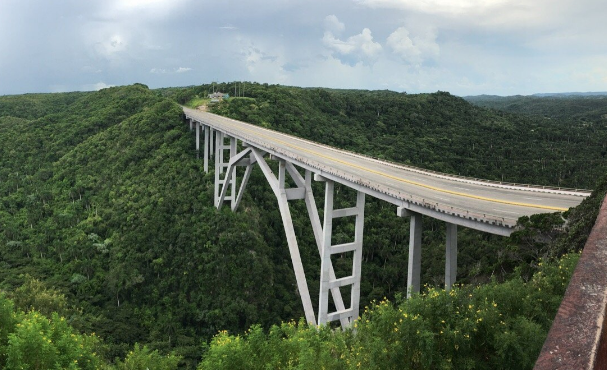
Fernando Damaso, 6 October 2017 — It has become an everyday occurrence that, with every anniversary of some political, economic, social, medical, juridical, pedagogical, scientific, artistic, agricultural, industrial, ecological, military, etc. event, it is credited to the late Cuban historic leader.
It gives the impression that everything done in Cuba in the last 58 years has been due to “his original ideas and brilliant intelligence,” and no thanks to anybody else. Everything points to his monopoly on good ideas, among many other things.
The fact is that, in totalitarian regimes, everything supposedly positive always is down to the current dictator, and everything negative to his subordinates, who are incapable of understanding him correctly. But, there are limits which cannot be crossed, without looking ridiculous and being mocked by the people, that’s to say, the locals taking the piss.
In the case of Cuba, it has not been like that, and everything said and written about it bears the unmistakable seal of fawning adulation, without the slightest inhibition on the part of the adulators.
Gerardo Machado was “The Illustrious One” in the thirties, and his works filled the media of his time, but his regime didn’t last any longer than eight years. And Fulgencio Batista was “The Man” in the fifties, and the same thing happened, but his government didn’t go on for more than seven years.
In spite of everything you can criticise about some of their actions, both of them left important achievements which can be admired, even today — the Central Highway, the National Capitol, enormous hospitals and educational institutions, roads, bridges, tunnels, avenues, streets, plazas, parks, aqueducts, drainage systems and other public works.
Nevertheless, today’s hero is the one most responsible for the country’s prolonged economic, political and social crisis, as a result of his repeated errors and failures. In truth, his legacy has been one of intolerance, destruction, poverty and misery, and very little worth remembering. It all needs to be “rescued,” that verb that is so fashionable in Cuba today.
Health and education, his principal “successes,” which were already making progress year on year during the Republic, are being used as a shop window to the outside world, with the objective of political preaching to the gullible, in praise of a disastrous system which is not, and never will be prosperous, efficient or sustainable, let alone sovereign, independent and democratic.
With most Cubans more worried about survival than thinking about him, as we approach the first anniversary of his death, the authorities have chosen to use these occasions to start his premature glorification. They are trying to offer up an idyllic image of his character, to legitimise him in the eyes of history, a difficult enough task in view of his mountain of blunders.
We know that those who have exercised power for long periods of time try to create myths. Then, subsequently, there has always been a process of taking them apart, to see them in the clear light of day. In this case, we have to get on with the second stage.
If it doesn’t happen, they will continue to manipulate history in the interests of spurious political interests and ideologies, far removed from reality, poisoning generations to come with falsehoods and lies.
Translated by GH
